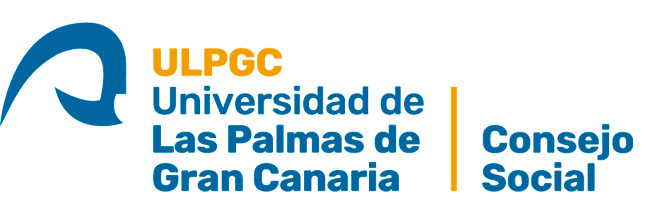In this edition of the programme, Indra will provide educational guidance in order to direct the training programme towards the most disruptive and in demand technologies. They will also give a masterclass and experts from the company will volunteer to provide mentoring.
In addition, Indra will offer work experience placements and employ the scholarship students who best meet the required profiles.
All information is now available on www.programaradia.com
The Fundación ONCE [The Spanish National Organisation for the Blind], the Conference of Social Councils of Spanish Universities (CCS), and the Fundación CEOE [The Spanish Confederation of Employers’ Associations] have launched the RADIA Programme, an innovative initiative which aims to include people with disabilities in areas of the digital economy and to provide disabled women, which is the demographic with the fewest opportunities for professional development within technological spheres, with employment opportunities.
This second edition is supported by Indra, one of the leading global technology and consulting companies which joins the project as part of their commitment to diversity and the promotion of STEM vocations.
Disabled women who wish to develop their careers in the field of technology have this opportunity with the Indra-RADIA Programme 21/22. A total of 50 places are available for this training course, which is free for the students and runs from next September until June 2022.
Indra will: provide educational guidance in order to direct the training programme towards the most disruptive and in demand technologies; give a masterclass; have experts from the company volunteer to provide mentoring; offer work experience placements; and contribute to increasing the employability of the scholarship students by employing those who best meet the required profiles. This collaboration is taking place thanks to a donation made by the technology company in accordance with the Ley de Medidas Alternativas [legislation establishing alternatives for companies which do meet a required quota of disabled staff ].
The programme is open to women of all ages, from across Spain, who hold a university degree and who come from different professions or academic fields.
This programme is designed for people like Ana Marín, a law graduate whose experience with the RADIA programme has allowed her to change the direction of her professional career, receiving training in skills which, before participating in the programme, “I thought were only for engineers or industry experts”. It was also conceived for students such as Carlota Ponce, an aerospace engineer who has said the programme gave her “the tools and technological ideas to work in the sector and to make the sector safer, more effective and more reliable”.
As in the first edition, the training process is divided into three phases which combine face-to-face and distance learning and deal with the most topical issues concerning digital transformation, such as: artificial intelligence, fintech, esport, e-commerce, cyber security, biotechnology, blockchain, and Green teach. Moreover, participants will receive mentoring and inspirational training from mentors from different companies, as well as work experience with technology firms.
The first of the three phases, called Brain Storm, aims over the course of 13 weeks to give the students the knowledge and technical skills needed to work in jobs within the digital economy. At the end of this time the Mentor Women phase will begin. Taking place over 12 weeks, this phase aims to guide the participants so that they can decide which professional certification to undertake during this phase. The final phase is Real Work. During this 13 week period students will carry out paid work experience in a real-world environment, applying the knowledge they have acquired in order to increase their learning and their experience.
Those who are interested in taking part in this training programme can apply via the programme’s website (www.programaradia.com) between 13th May and 21st June, when the tests and interviews of the selection process will begin. This process will end on 31st July, when the final list of successful applicants will be revealed.
THE RADIA PROGRAMME
The RADIA WOMEN’S DIGITAL INCLUSION programme is named after Radia Perlman, the creator of one of the most widely used communication protocols in the world, which ensures that networks function correctly and that they are robust, stable and safe.
At present only one in six ICT specialists in the labour market is a woman. In addition to this is the question of disability, which makes it difficult for women to be included within the fields of higher education and employment. The programme therefore aims to provide training and employment, bringing more disabled women to the digital sector and recognising the value of both their contributions and their talent which is crucial for the construction of an inclusive, competitive and dynamic digital society.
From this perspective, RADIA has established a number of steps aimed at increasing the number of disabled women with university qualifications in positions which require the use of digital technology.


